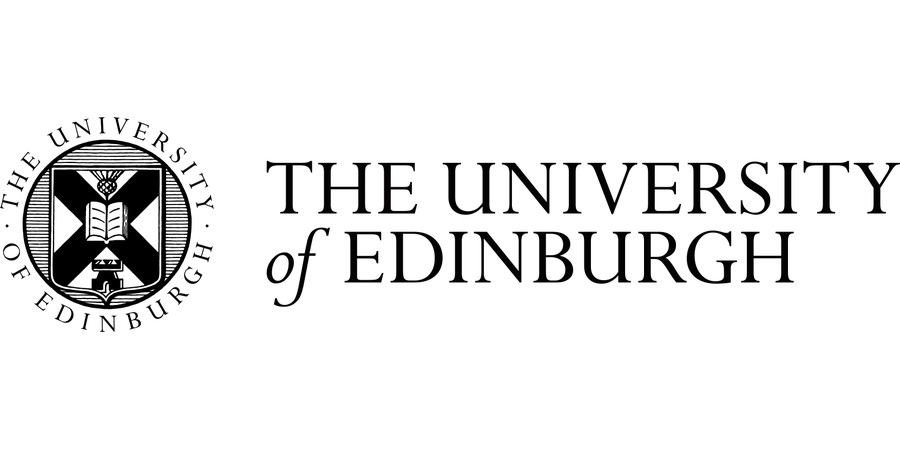PhD Studentship: Biomass Conversion to Fine Chemicals via Photocatalysis Processes
The University of Edinburgh
| Qualification Type: | PhD |
|---|---|
| Location: | Edinburgh |
| Funding for: | EU Students, International Students, Self-funded Students, UK Students |
| Funding amount: | Not Specified |
| Hours: | Full Time |
| Placed On: | 31st July 2024 |
|---|---|
| Closes: | 30th August 2025 |
The conversion of biomass into value-added platform chemicals can greatly alleviate the reliance on fossil feedstock. Biomass alcohol such as benzyl alcohol is one of the important biomass-derived platform compounds and a significant feedstock, which are used to produce a series of value-added derivatives, such as benzaldehyde, hydrobenzoin, benzoin, and deoxybenzoin. Among these derivatives, the C-C coupling chemicals, hydrobenzoin, benzoin, and deoxybenzoin have higher value than the rest and can be used as the versatile intermediates for the production of high value-added downstream products, such as various chemical additives, dyestuff, pharmaceuticals as well as the precursor of photo initiator. However, in the conventional process, the synthesis of above-mentioned C-C coupling products focuses on sharpless asymmetric dihydroxylation of alkenes, and requires the use of toxic cyanide and metal complex catalysts, resulting in a host of by-products, therefore limits the development of the traditional biomass alcohol conversion.
Photocatalysis has recently emerged as a promising way for benzyl alcohol conversion because of the low energy consumption, mild reaction conditions and high selectivity. However, the reaction mainly promoted by UV light, which is a very small portion of sunlight resource. This project will develop visible-light driven photocatalysts with suitable band levels to facilitate sunlight absorbtion and create separated electrons and holes for redox reactions, particularly the photocatalytic coupling of benzyl alcohol to C-C coupling compounds with non-toxic and high selectivity catalytic process. In addition, it is important to improve the student the experimental skill, materials characterization skill and data analysis skill.
Student who joins our group will learn the fundamentals of photocatalytic reactions and photocatalyst synthesis, the use of GC, BET, FTIR, GCMS, XPS, SEM and chemical analysis to understand the reaction mechanisms. Furthermore, the student will be trained in the critical analysis of experimental data, material characterization and writing skills.
Primary objectives:
- Train the student with photocatalytic experimental skills.
- Teach the student how to synthesise photocatalysts.
- Develop the student with analytical skills of experimental data and characterization, the use of GC, BET, FTIR, GCMS, XPS, SEM and chemical analysis to understand the reaction mechanisms.
- Improve the student with critical thinking and writing abilities.
- Reduce the by-product benzaldehyde and increase the yields of C-C coupling products.
- Increase the selectivity of a specific product (hydrobenzoin, deoxybenzoin or benzoin).
- Understand the mechanism of the photocatalytic C-C coupling reaction.
Further Information:
The University of Edinburgh is committed to equality of opportunity for all its staff and students, and promotes a culture of inclusivity. Please see details here: www.ed.ac.uk/equality-diversity
Advert information
Type / Role:
Subject Area(s):
Location(s):









